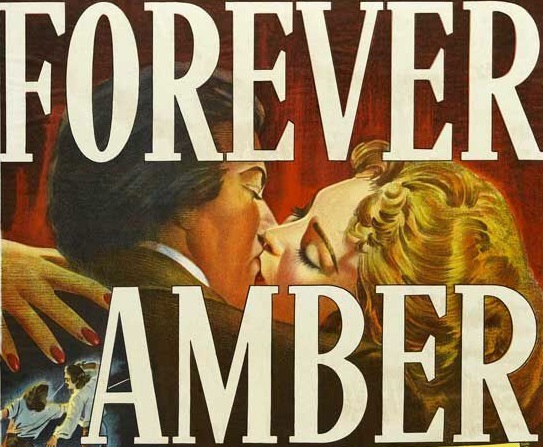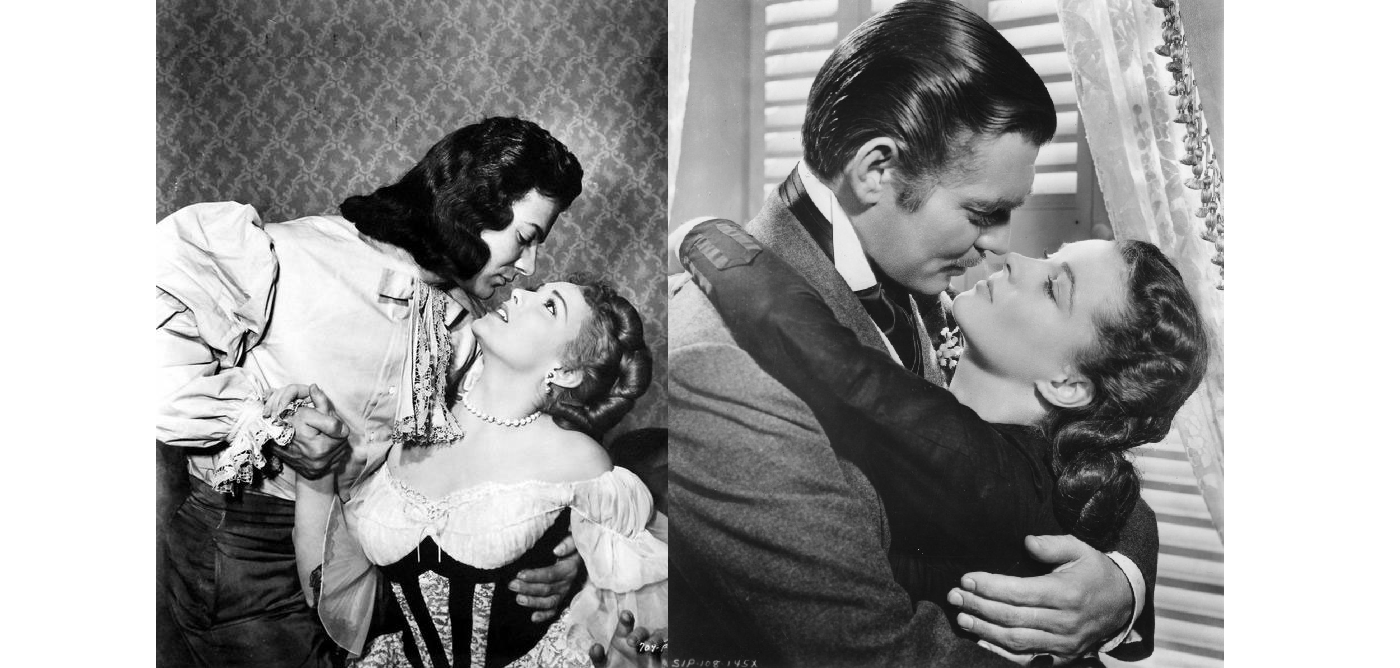Book details
Title: “Pamela; or, Virtue Rewarded”
Author: Samuel Richardson
Original publication date: 1740
Setting time & place: Early 18th century England, country estates in Bedfordshire & Lincolnshire
He is… a rich man of good breeding, unmarried in his late twenties, fond of skirt chasing, hunting, etc, disinclined to marry.
She is… a virtuous, pretty, pious, chaste, fifteen year old maidservant, beloved by all and excellent at embroidery.
Reasons to read this title: For academic interest only.
My review of Pamela
Pamela gets a lot of mentions as “first romance novel” or even “first novel” — a claim which is disputed, but earned it a place on my reading list anyway. I’m classifying it as a “romantic precursor.” I first read it in college—not for a class but because I’m a bookish person interested in history and my roommate/best friend lent me her copy. She preferred her cultural entertainments to be at least two hundred years old and is now a medievalist scholar, but I digress. She told me Pamela was The First Novel and so I was curious enough to read it.
I honestly have no idea how I read this book at age nineteen. I can’t remember if I finished it, and perhaps I didn’t, because it is long. Not quite final-volumes-of-Harry-Potter long, but the convoluted eighteenth century language makes it feel even longer than 592 pages. (It’s not even Richardson’s longest work—that distinction goes to Clarissa, which cleared 1500 pages and was one of Jane Austen’s favorites.) It was wildly popular: RWA tells me that it had five editions out within the fist eleven months of release.
If you were reading in mid-18th century England, you read this book. And the Bible, obviously. If you take Richardson’s view of reality through Pamela’s story this was an era of plentiful prayer, highly stratified society, and negligible equality for women. The first half of the story reads like an extended saga of workplace harassment. (If you’ve been following @RomMFA on Twitter you’ve been seeing my eyerolls and teeth-gritting reactions to the story.) The second half wraps up the objections to the marriage across social classes and includes a lot of opinions from Pamela’s new husband, Mr B, about proper wifely conduct, as well as general narrative about the merits of the poor-but-virtuous heroine when compared to entitled noblewomen.
Is it a romance novel? Yes. Obstacles are overcome and we end with two characters sharing wedded bliss.
Is it a must read romance novel? No. It doesn’t stand up to 21st century sensibilities: too much of the story is obscured by the lessons of virtue. Nearly 8,000 ratings on Goodreads give it an average of 2.77, and I don’t disagree.
However, I wanted to get a sense of the history of the romance novel and that includes Pamela. Once I decided to read all of Pamela’s lines as deeply sarcastic, parts of it became quite funny. Take the following lines…
When a dude is about to mansplain something to you:
…the explanations you will give me, of what I shall not understand, will be a sweet employment, and improvement too.
When your new husband is telling you all the expectations he has of a wife:
Dear sir, said I, pray give me more of your sweet injunctions.
I was exceedingly diverted with the facetious hints, and the pleasant manner in which he gave them; and I promised to improve by the excellent lessons contained in them.
When you can’t tell him how grateful you are:
O, sir, said I, the English tongue affords not words, or, at least, I have them not, to express sufficiently my gratitude! Teach me, dear sir, continued I, and pressed his dear hand to my lips, teach me some other language, if there be any, that abounds with more grateful terms; that I may not thus be choked with meanings, for which I can find no utterance.
Other parts amused me just by their sheer convolutedness. How can you express to your pious and virginal bride that you’d like to knock her up without offending her sensibilities?
“And let me tell you, my Pamela, that I can add my hopes of a still more pleasing amusement, and what your bashful modesty would not permit you to hint; and which I will no otherwise touch upon, lest it should seem, to your nicety, to detract from the present purity of my good intentions, than to say, I hope to have superadded to all these, such an employment, as will give me a view of perpetuating my happy prospects, and my family at the same time; of which I am almost the only male.”
A more pleasing amusement, an employment which will perpetuate my family. Indeed! Here is Pamela’s response:
“I blushed, I believe; yet could not be displeased at the decent and charming manner with which he insinuated this distant hope.”
Gentlemen who yell from moving vehicles at ladies they pass on the street take note—this is the decent and charming way to let a lady know she is fuckable.
But I’ve really saved the best for last. If you were to impress Pamela with the seriousness of your speech, this is how she would describe your manner:
“No light frothy jests drop from his lips”



